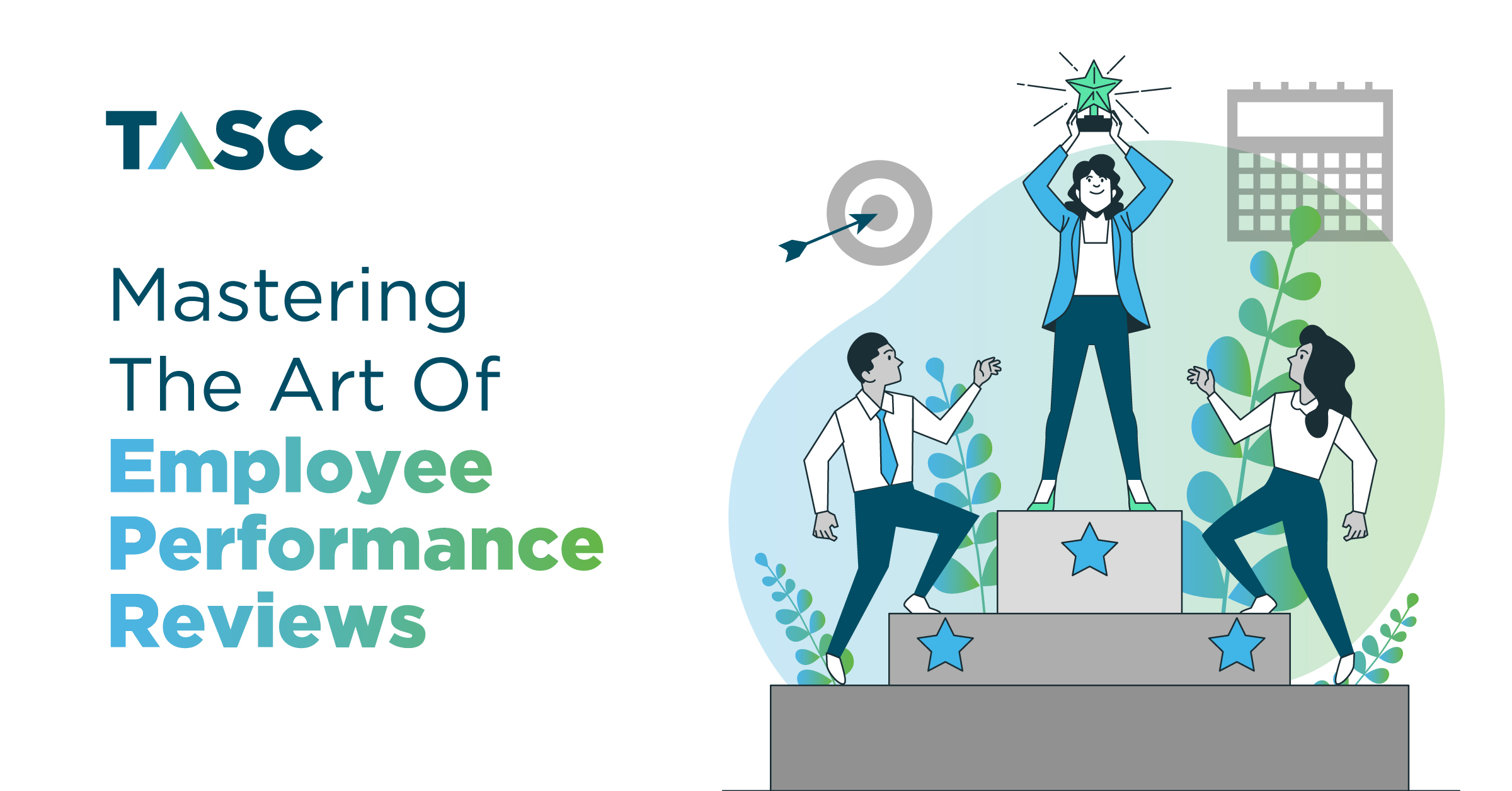Top 10 Tips For More Efficient Team Meetings
Team meetings are probably the most common type of meeting on an employee’s calendar. Team meetings serve several purposes, from making important decisions, sharing information to brainstorming new ideas. While they’re helpful in fostering relationships and channelling efforts in the right direction, meetings can easily lose track and their sense of purpose.
When unstructured and poorly executed, a meeting can end up becoming a total waste of time or even an event that your employees dread and dislike. As a manager, the last thing you’d want is to waste the valuable time of your employees that could be used to do more important tasks.
If you don’t want your team meetings to be a source of frustration, here are ten tips you can implement that are bound to make them more inspiring and effective.
Plan And Structure The Meeting In Advance
Before you can host a meeting, you need to know what you hope to achieve from the meeting. Therefore, you must write down the agenda and develop a plan to structure the time of your meeting.
Invite The Right People
It isn’t a secret that meetings can end up being a significant drain on the team’s productivity. You can avoid it by carefully assessing who you invite to the meeting. For a meeting to be effective, it must include only those who can objectively contribute to the discussion.
Communicate The Agenda In Advance
The agenda of a meeting must be well-defined. While sending out meeting invites to the attendees, it is essential to clearly mention the agenda in a simple and concise manner.
By including the agenda in the invitation, attendees will be able to better prepare for the meeting and make meaningful contributions during the session.
Assign Roles
When roles are assigned to the attendees, it not only helps in running a meeting smoothly but also gives an opportunity where attendees can display their leadership skills. Some of the common team meeting roles in a team meeting would include the following –
- Leader – The leader would be responsible for taking charge of the meeting, including setting the time, place, and agenda. They’ll also be tasked with creating and sending the invites to all the attendees.
- Timekeeper – The person taking this role will ensure that the meeting is running as per the prescribed schedule and that no section is being given more preference than necessary while making sure nothing important is being skipped from the discussion.
- Recorder – The individual taking up this role will make notes, which include the pre-meeting agenda and post-meeting conclusions.
- Participants – There will be two sides to participatory roles. One group will support the presentations and ideas with examples and facts, while others will challenge them and present a different perspective.
The roles mustn’t be fixed and inter-changed frequently. By implementing this practice, managers can spot potential leaders among team members.
Insist On Inputs
In most meetings, a selected few take an active part in discussions, while others take the role of mute spectators. When a meeting agenda is relevant to all attendees, it is essential to encourage all participants to contribute to the meeting. The leader should make sure everyone gets a chance to participate and voice their opinions to keep team engagement at an optimal level.
Ask Questions To Encourage Discussions
A team meeting will be effective when there is communication and understanding within the team, especially between the manager and team members. If you’re keen on learning about your employee’s wants, feelings, and challenges, make sure you ask important questions, such as –
- What was your biggest accomplishment this month?
- What was your biggest challenge this month?
- What resources will you need to succeed?
- Is there something we can do to improve the organisation
Simplify The Content
Most meetings tend to be more focused on meeting their objectives rather than communicating and clarifying what’s expected from the meeting. The best way to do it is by limiting the number of topics for discussion and focusing on one issue at a time. The language used while discussing also needs to be as simple as possible to ensure that everybody understands the discussion.
Keep The Duration Of Each Meeting Optimal
If a meeting goes on for a couple of hours, it has a high chance of going off-track and losing its impact. Therefore, the duration of a meeting has to be of optimal length. Seeing that the time spent in every meeting is going overboard every time could indicate that the agenda is not very specific. It may also mean that too many distractions are leading the team astray.
As a manager, you must take note of keeping the agenda specific and tally it with the time spent in a meeting to optimise every meeting in the best possible way.
Summarise With Action Statements
The key to a successful team meeting is to summarise the entire session in the last couple of minutes, allowing everybody to take notes on the action. Every participant has to accept responsibility for a specific action expected from them.
Assess And Improve Every Week
As a manager, your job doesn’t end with the meeting. You need to take feedback from your employees after every meeting to constantly evaluate the effectiveness of your team meetings. Here are a few questions that you can ask to improve your meetings –
- What are some of the parts that worked and didn’t work in the meeting?
- What can we do next time to make the meeting more productive?
- Would you like any information to be shared differently?
- Was (item x) on the agenda useful?
Wrapping Up
Because no one-size-fits-all strategy can automatically make meetings more effective, you must closely observe how your meetings are going and adopt methods and techniques that will work best for your staff. When you take a proactive approach to improve the quality of team meetings, you can stay assured that your employees will be more productive and aligned to reach the organisational goals.

.png)
.png)


